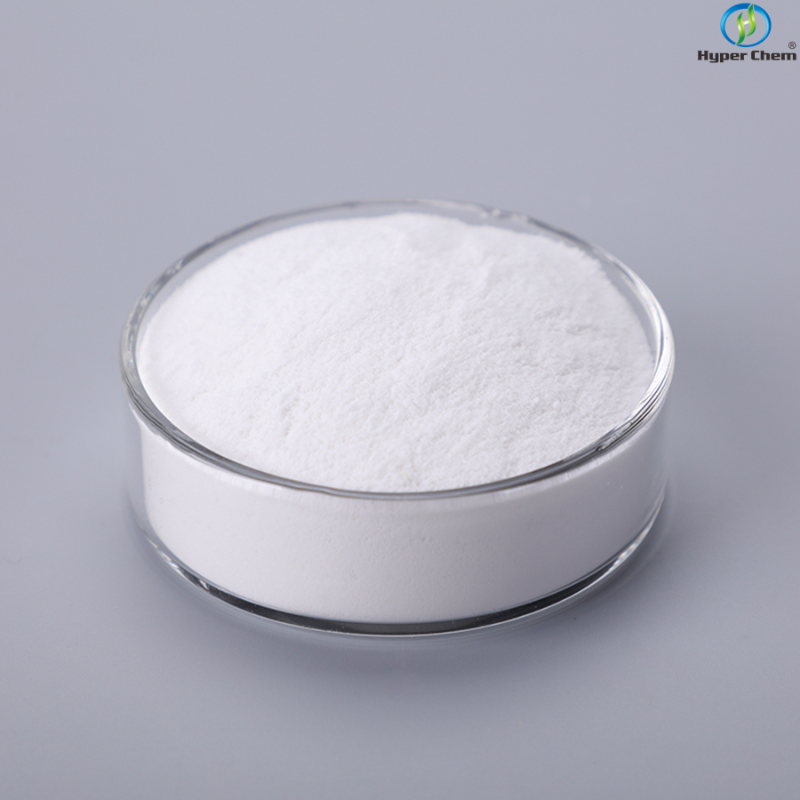-
Categories
-
Pharmaceutical Intermediates
-
Active Pharmaceutical Ingredients
-
Food Additives
- Industrial Coatings
- Agrochemicals
- Dyes and Pigments
- Surfactant
- Flavors and Fragrances
- Chemical Reagents
- Catalyst and Auxiliary
- Natural Products
- Inorganic Chemistry
-
Organic Chemistry
-
Biochemical Engineering
- Analytical Chemistry
-
Cosmetic Ingredient
- Water Treatment Chemical
-
Pharmaceutical Intermediates
Promotion
ECHEMI Mall
Wholesale
Weekly Price
Exhibition
News
-
Trade Service
The primary analysis of the ICARIA-MM study showed that the addition of the CD38 antibody Isatuximab to the pomalidomide-dexamethasone regimen significantly improved progression-free survival in patients with relapsed and refractory multiple myeloma
.
This article reports an updated analysis of overall survival with a follow-up of 24 months after the primary analysis
The addition of the CD38 antibody Isatuximab to the pomalidomide-dexamethasone regimen significantly improved progression-free survival in patients with relapsed and refractory multiple myeloma
ICARIA-MM is a randomized, multicenter, open-label Phase 3 clinical trial recruiting patients aged 18 and older with relapsed/ Patients with refractory multiple myeloma who require an ECOG performance status of 0-2
.
Patients were randomized 1:1 to receive either Isatuximab-pomalidomide-dexamethasone (Isatuximab group) or pomalidomide-dexamethasone (control group)
Overall survival in both groups
Overall survival in both groupsBetween January 10, 2017, and February 2, 2018, a total of 387 patients were screened, of whom 307 were randomized to isatuximab (n=154) or control (n=153)
.
As of October 1, 2020, the median follow-up was 35.
The median overall survival in the isatuximab group and the control group was 24.
Progression-free survival in both groups
Progression-free survival in both groupsThe most common grade 3 or higher adverse events requiring urgent treatment were neutropenia (Isatuximab vs control: 50% vs 35%), pneumonia (23% vs 21%), and thrombocytopenia (13%) vs 12%)
.
Serious adverse events requiring urgent treatment were also experienced by 111 (73%) and 90 (60%) patients in the isatuximab and control groups, respectively
111 90
The incidence of adverse events in the two groups
The incidence of adverse events in the two groupsIn conclusion, compared with pomalidomide-dexamethasone regimen, pomalidomide-dexamethasone combined with Isatuximab can prolong the median overall survival of patients with relapsed/refractory multiple myeloma by 6.
9 months, It is a new standard of care for patients with lenalidomide-refractory and proteasome inhibitor-refractory or relapsed multiple myeloma
.
Finally, the final overall survival analysis of the study is still in progress, so stay tuned!Pomalidomide-dexamethasone plus isatuximab prolongs median overall survival by 6.
Original source:
Original source:Paul G Richardson, et al.
leave a message here







